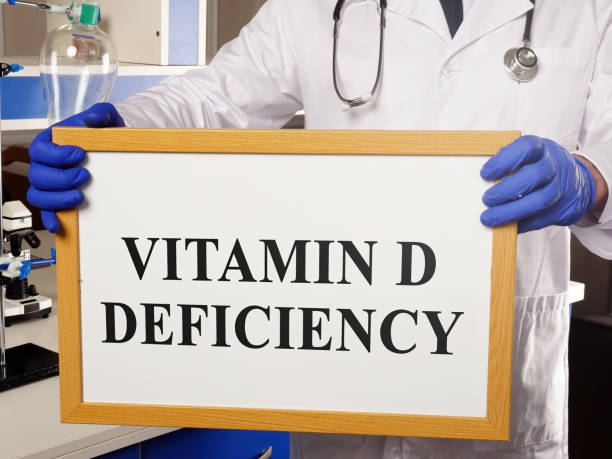Vitamin D deficiency
Vitamin D is a fat-soluble vitamin that acts in your body like a steroid hormone. It circulates through your bloodstream and into cells, instructing them on whether to switch genes on or off. Almost every cell in your body contains a vitamin D receptor. When exposed to sunshine, your skin produces vitamin D from cholesterol. People who reside far from the equator are therefore at risk of deficiency unless their food intake is adequate or they supplement with vitamin D.
This vitamin may be inadequate in around 42% of persons in the United States. Because dark skin generates less vitamin D in reaction to sunshine, this figure jumps to 74% in older individuals and 82% in persons with dark skin. Vitamin D insufficiency is frequently undetectable since the symptoms are modest and can build over years or decades. Adults who are vitamin D deficient may suffer from muscular weakness, bone loss, and an increased risk of fractures. It might cause development delays and soft bones in youngsters (rickets). In addition, vitamin D deficiency may contribute to decreased immune function and an increased risk of cancer.












